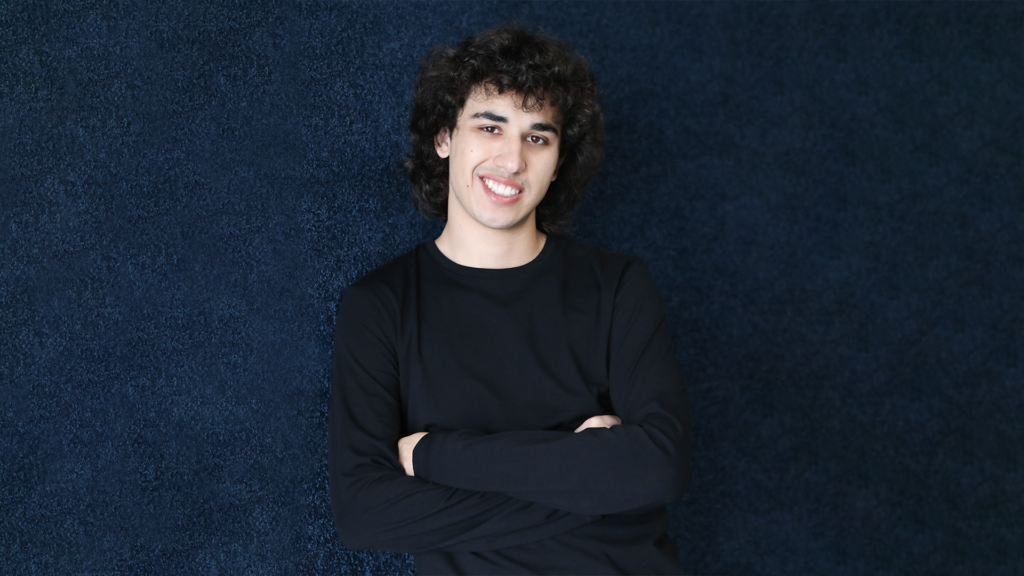Robby Good was an undergraduate at UCLA when a friend of his pitched him an idea for a musical: Imagine a future where the Disney Corporation thawed the frozen head of Walt Disney so he could realize his dream of constructing a utopian city. Now imagine an idealistic college graduate (and self-professed “Disney Adult”) who moves to that city to realize her dream, and then gets entangled with a band of anti-Disney revolutionaries called the “Lost Boys.” The musical’s title? Dis-topia.
Robby Good was sold.
“Crazily, it was a true story,” said Robby Good. “Walt Disney had always wanted to build an ideal city in which he would have control. What better way to treat that theme than in a musical?”
For Good, the appeal was not just in the story, but in the potential to work with talented writers, composers, singers and musicians. Good, who graduates with a master’s in composition this year, has earned a reputation as a community builder and collaborator during his time at UCLA. Dis-topia would be one of his largest collaborations.
It would prove a huge challenge to achieve.
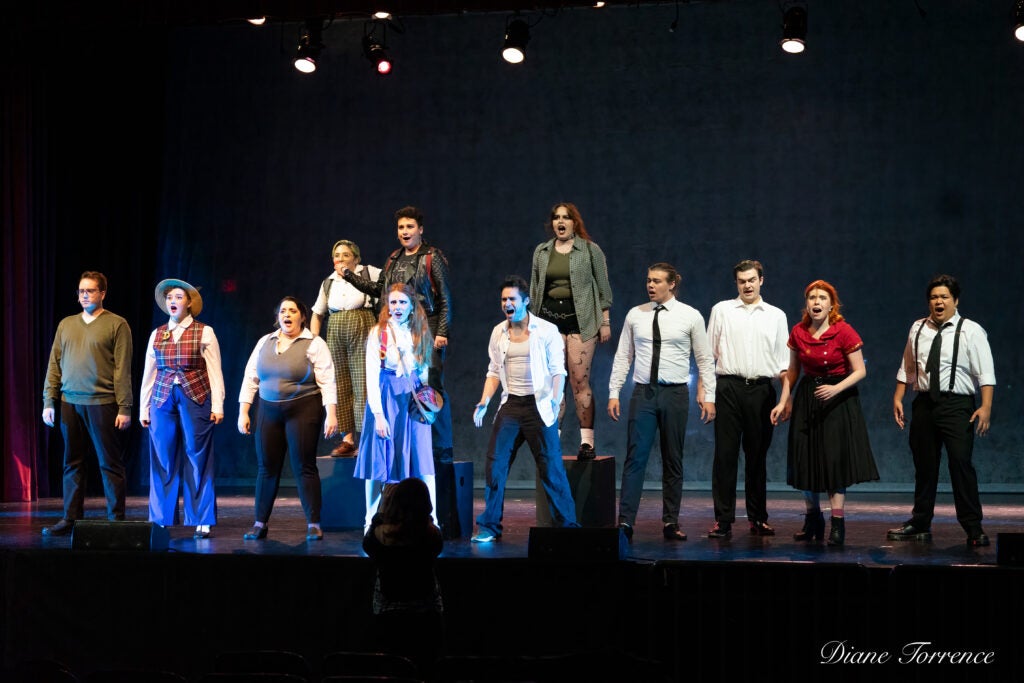
Good began his musical journey on piano before turning to percussion. In middle school, he connected with a piano teacher who liberated him from the notes on the page. Good learned how to play by ear, improvise and play around with phrases. He lived close to CalArts, which offered summer courses through its Community Arts Partnership. He took courses in music theory, and then composition.
Good’s parents bought him music composition software and Good wrote his first piece—an arrangement of music from the video game “The Legend of Zelda.”
“I was a big video game fanatic, so it was important to me,” said Good. “My middle school band teacher programmed it and told me I was going to conduct it. And I did. That really set me down the path. I suddenly realized that I could play my own music, collaborate with all kinds of musicians.”
In the audience was Michael Dean, voice professor at The UCLA Herb Alpert School of Music. Catching a glimpse of the young composer making his debut, Dean introduced Good and his parents to composer Ian Krouse, who agreed to give Good composition lessons. As a high school sophomore, Good applied for and was accepted into the LA Philharmonic’s Composer Fellowship Program, “the best thing I could ever have asked for,” he said. The program was ambitious and open minded, exposing him to new kinds of music and new professionals.
As an undergraduate at UCLA, Good double majored in composition and percussion, where he graduated summa cum laude before exploring graduate composition programs. UCLA was appealing because the composition faculty encouraged him to think past his resume and recordings.
He still recalls when David Lefkowitz, professor of composition, told him that he should spend his time making friends with musicians, with the people who would play his music.
“Composition is collaboration,” said Good. “And since I’ve been at UCLA, I’ve learned that collaboration can’t just happen after I’ve written a piece. I have to write for the musicians and with the musicians.”
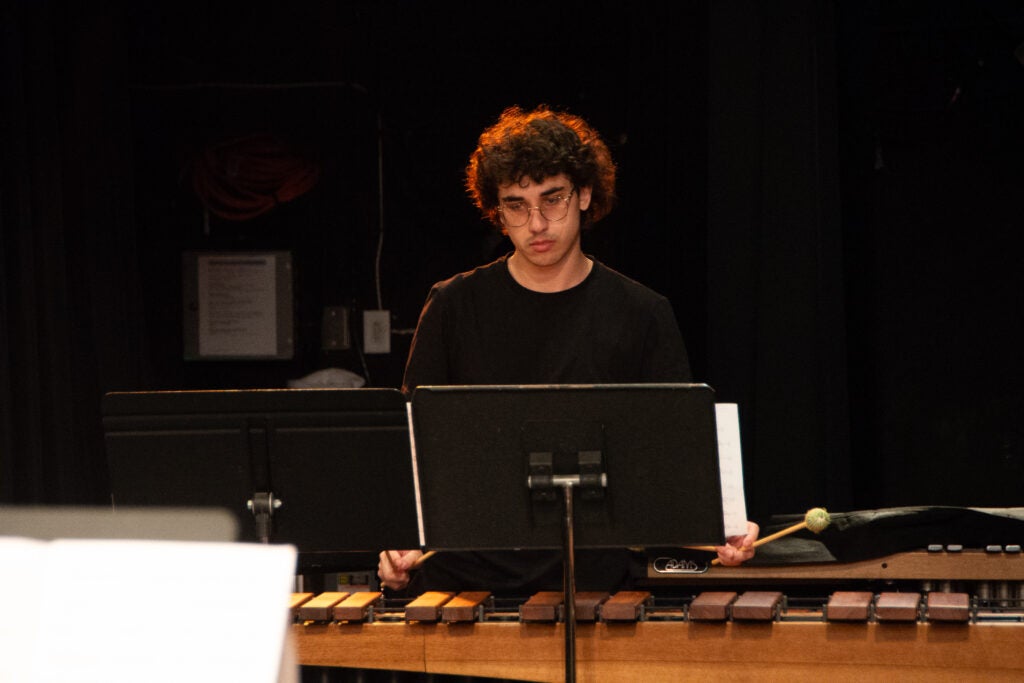
The thrill of collaboration was at its fullest in producing Dis-topia. The production required assembling a 16-person cast and a 27-person orchestra. That involved a casting call, auditions, call backs and offers. Good still recalls just how fortunate he was to find musicians (a good number of which were his UCLA classmates and alums) who were willing to learn the music and travel for rehearsals. Calls went out in August of 2023, and there was tremendous response. Good was able to hire a cast and an orchestra and set the rehearsal schedule to start in October.
And of course, staging a large musical is expensive. Good managed to secure a theater in Santa Clarita free of charge (his old high school auditorium), but the venue is only one expense among many. Staging the musical would still amount to a five-figure expense. Good and his collaborators got a quick lesson in fundraising, which enabled him to cover costs and at least keep the musical in the black. But to pay everyone, musicians and cast, he would need to pack the house when the show ran on February 17 and 18.
The show sold close to 500 tickets for both nights.
Music composition professor David Lefkowitz found much to admire in Good’s music for Dis-topia. “He finds a difficult-to-achieve balance between larger-than-life extroversion and intimate introversion, between fully-orchestrated production numbers and lightly-orchestrated — almost chamber music style — individual songs. The result is a musical of impressive complexity that brings to the audience a range of emotions, from excitement through tenderness, conspiracy to triumph.”
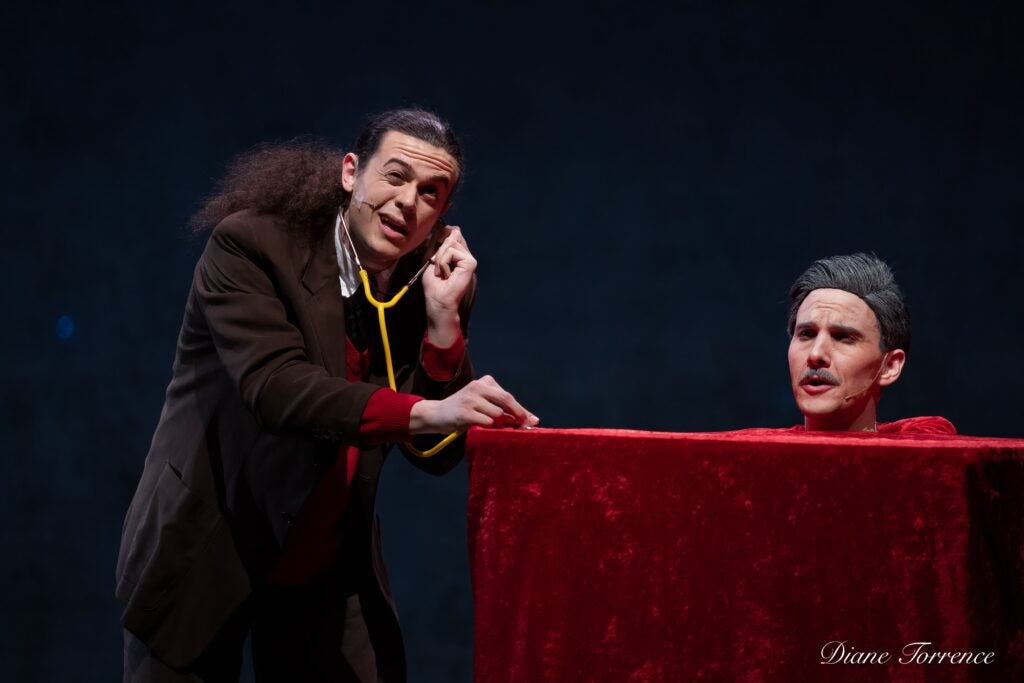
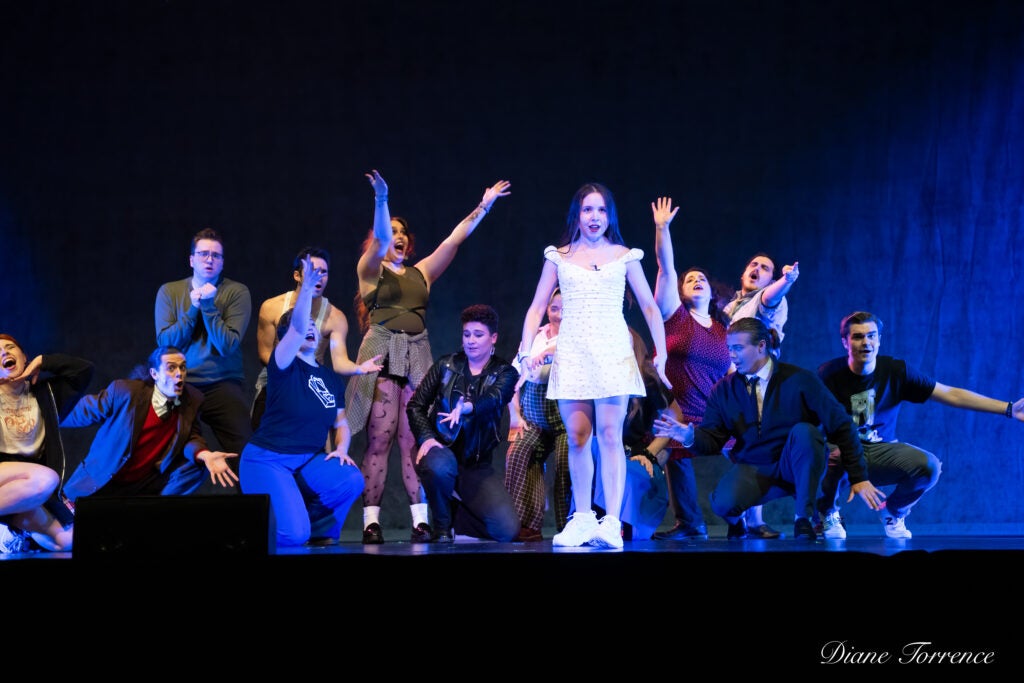
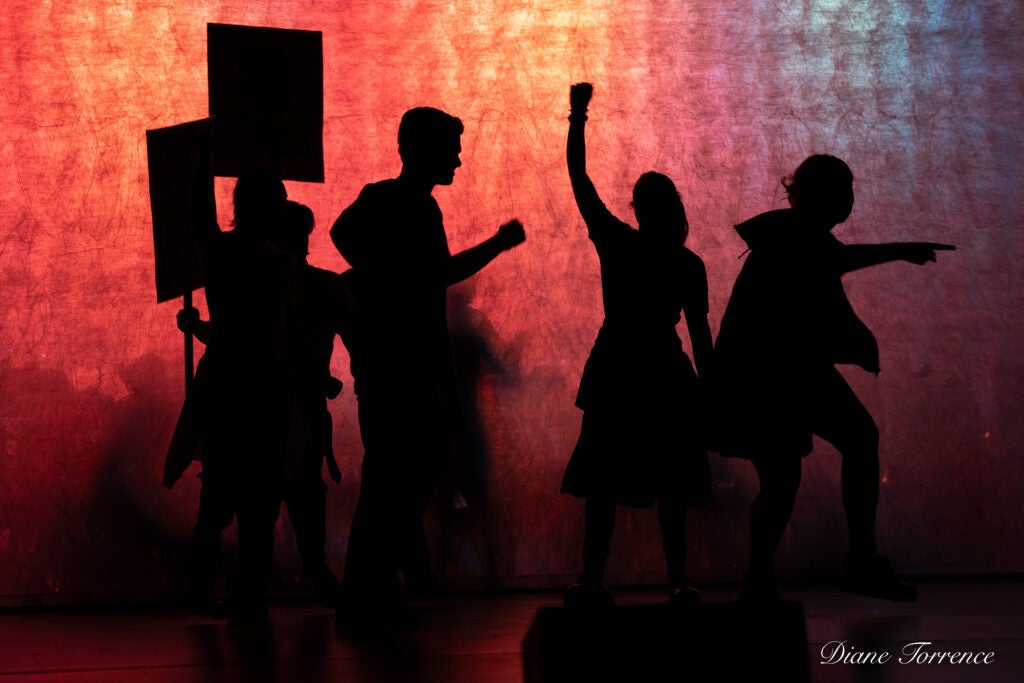

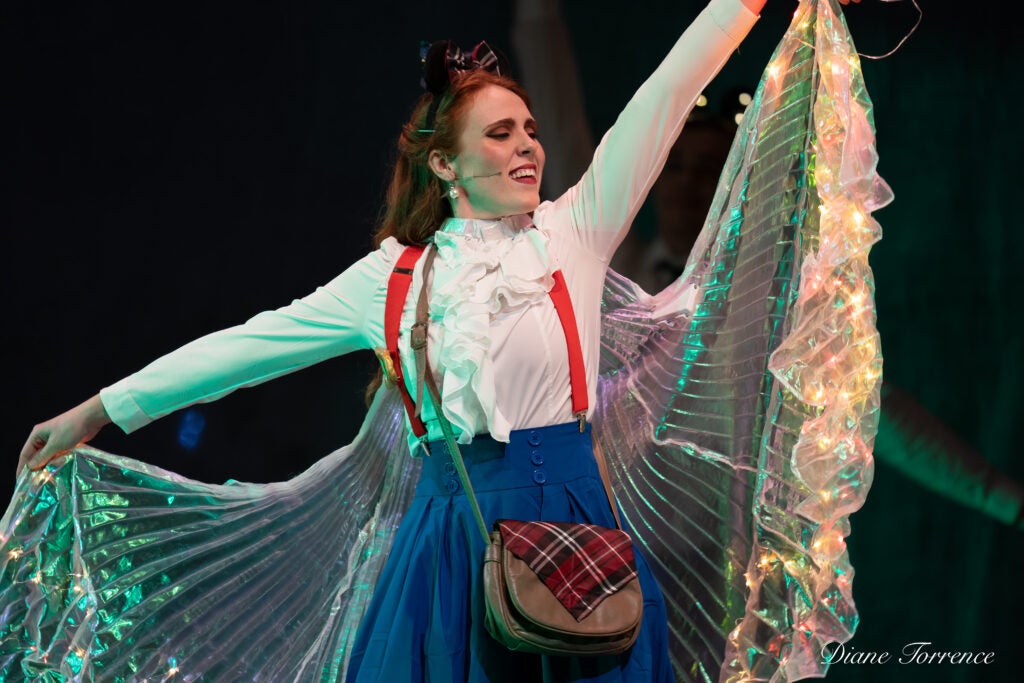
Good was proud of the production. “The pit orchestra sounded like a genuine Broadway pit. The cast was talented, the costuming was incredible—it looked completely professional. And we were able to pay everyone.”
Dis-topia was a success, but the work wasn’t over. As Good heads to graduation, he is getting ready to start the musical’s next chapter. “It’s time to convince other people that the musical is worth their time,” he said. “The goal is to get others to run the production. I don’t ever want to lose the spirit of collaboration that I have experienced at UCLA.”
